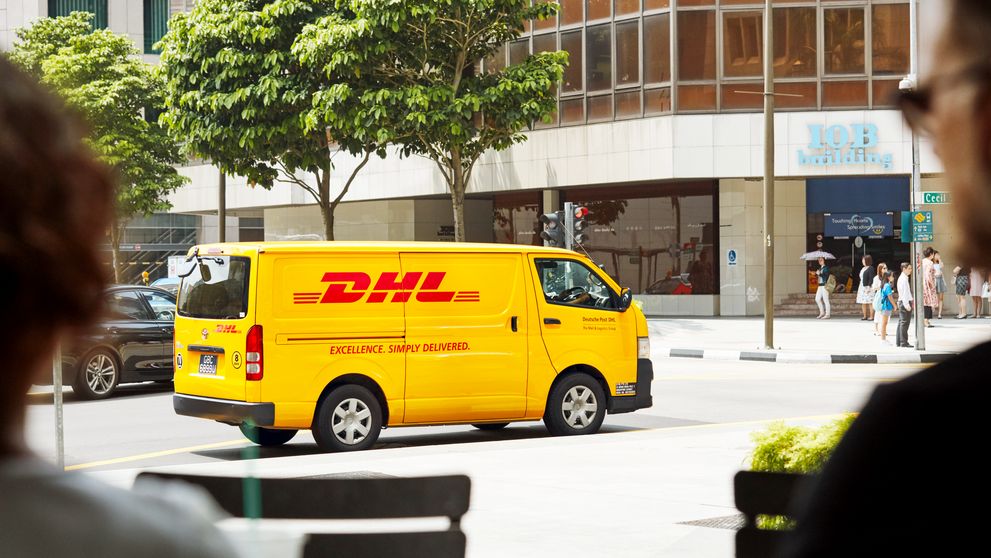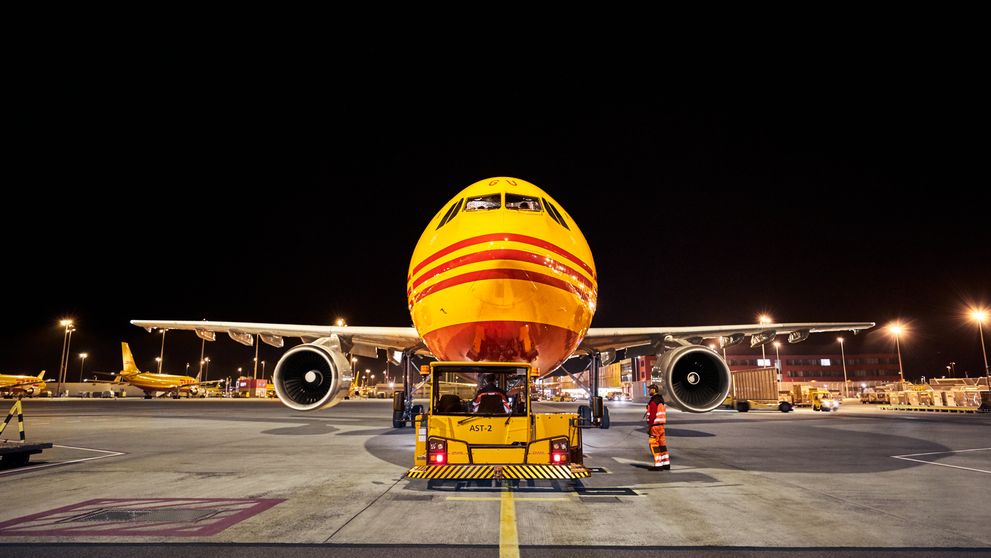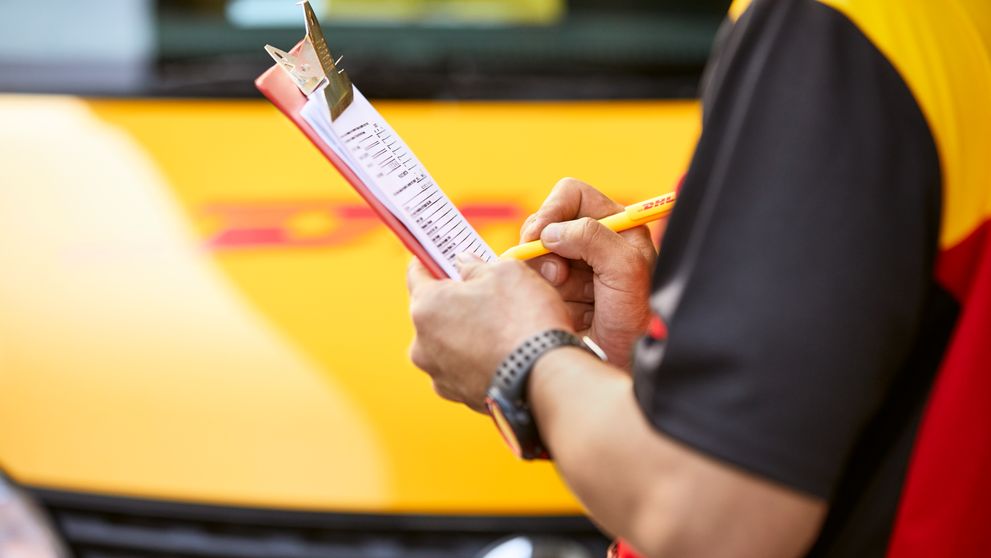Understanding how much import duty applies in Indonesia is crucial for businesses and individuals involved in international trade. Indonesia imposes various import duties, taxes, and customs regulations that directly impact the cost and legality of importing goods into the country. Therefore, gaining an overview of Indonesia’s import duty structure and related taxes is essential.
This blog explores import duties, taxes, and customs regulations in Indonesia, highlighting their importance in managing costs and ensuring adherence to legal requirements. This knowledge not only ensures compliance with regulations but also helps in strategically minimizing costs associated with importing goods. By navigating these regulations adeptly, businesses can optimize their import processes and enhance their competitiveness in the Indonesian market.
Key components of import duties and taxes in Indonesia
What is import duty?
For imported goods valued at less than or equal to USD $1,500, Indonesia applies a straightforward import duty rate of 7.5%1. This rate plays a critical role in determining the overall cost implications of importing goods into the country. By applying this percentage to the declared value of shipments within this range, importers can calculate the additional financial outlay incurred beyond the purchase price of the goods.
For shipments imported to Indonesia exceeding USD $1,500, however, the import duty rate becomes more nuanced, varying based on the specific Harmonized System (HS) code assigned to each product category.
Dutiable goods
Here is a table summarizing the import duty rates for various product categories imported into Indonesia2:
Product Category | Goods | Duty Rate Range |
Automobiles | Passenger and commercial | 5% to 50% |
Certain vehicles under battery-based electric motorized program for road transportation | 0 | |
Automobile Components | Incompletely Knocked Down | 0% to 7.5% |
Part by Part | 0% to 10% | |
Vessels | Ships, boats and floating structures | 0% to 5% |
Aircraft | Balloons, helicopters, aeroplanes, parachutes, and aircraft launching gear | 0% |
Electronic Goods | Camera, refrigerator, cellular phone, and others | 0% to 20%, or IDR 21,450/unit |
Textile, Textile Products and Accessories | Bags, footwear, harnesses, apparel, clothing accessories, etc. | 0% to 35% |
Beverages and Alcohol | Ethyl alcohol, juice, beer, wine, spirits, and other beverages | 5% to 150%, or IDR 14,000/litre |
Essential Oils and Resinoids | Odoriferous substances | 5% to 150% |
Agricultural Products | Animal and vegetable products | 0% to 20%, or IDR 450/kg |
Furniture | Bedding, mattresses, lamp and lighting fittings, and others | 0% to 20% |
Toys | Toys, games and sports requisites, parts and accessories thereof | 5% to 20% |
Plastic Products | Plastics and articles thereof | 0% to 25% |
Rubber Products | Rubber and articles thereof | 0% to 15% |
Wood Products | Wood and articles thereof | 0% to 25% |
Steel Products | Wood and articles thereof | 0% to 20% |
Other Products Chemicals, pharmaceuticals, arms, art, instruments | Chemicals, pharmaceutical products, works of art, arms and ammunition, musical instruments, and others | 0% to 40% |
Exempt or reduced rate goods
Certain goods imported into Indonesia qualify for exemptions or reduced import duty rates, reflecting specific economic and regulatory considerations. Ethyl Alcohol (Ethanol), for instance, receives special tax treatment due to its significant economic role. Alcoholic drinks are subjected to import taxes aimed at revenue generation and promoting responsible consumption practices.
Similarly, tobacco products face high import taxes, intended to curb usage and support public health initiatives. These varying tax treatments underscore Indonesia's strategic approach to balancing economic incentives with societal health and regulatory objectives. Importers navigating these categories should be aware of the applicable exemptions or reduced import duty rates and ensure compliance with Indonesian customs regulations.
How to calculate Indonesia import duties and taxes?
Step 1: Determine the harmonized system (HS) code
Calculating import duties and taxes for goods entering Indonesia involves several key steps to ensure compliance with customs regulations. The first step is to determine the Harmonized System (HS) code for your product. HS codes are internationally recognized classifications that categorize goods based on their nature, facilitating uniform customs procedures and tariff application globally. In Indonesia, these codes play a crucial role in identifying the specific import duties applicable to each product category.
Importers can find the appropriate HS code by consulting the manufacturer, online resources, or Indonesia Customs Tariff, which provides detailed guidelines and classifications. This step is essential as accurate classification ensures that the correct duty rates are applied, helping importers avoid their packages getting stuck in customs clearance, streamlining the import process effectively.
Step 2: Calculate the total value of goods in IDR
In the process of calculating import duties and taxes for shipments entering Indonesia, the next critical step is determining the total Cost, Insurance and Freight (CIF) in Indonesian Rupiah (IDR). This calculation is pivotal for accurately assessing the applicable tariffs and ensuring compliance with customs regulations.
The formula used is straightforward:
Total CIF Value in IDR = Cost+Freight+Insurance x by the current IDR exchange rate.
The CIF includes the cost, Freight and insurance incurred during transportation.
By converting these values into IDR, importers obtain a comprehensive financial picture that aids in planning and budgeting for importation costs effectively. This step underscores the importance of meticulous calculation to avoid discrepancies and facilitate smooth customs clearance processes in Indonesia.
Step 3: Calculate import duty
Once the total Cost, Insurance and Freight (CIF) value of goods in Indonesian Rupiah (IDR) has been established, the next crucial step in calculating import duties for shipments entering Indonesia is determining the specific import duty.
This calculation follows a simple formula:
Import Duty = Customs Duty Tariff x CIF value of the goods (in IDR).
The Customs Duty Tariff is determined based on the Harmonized System (HS) code classification of the imported products, while the CIF value includes the Cost, Insurance, and Freight incurred during shipment, converted to Indonesian Rupiah (IDR) using the current exchange rate.
For a clear illustration of this process, consider this example:
The Customs Duty Tariff for a particular product category is 10%, and the CIF value amounts to IDR 10,000,000. Applying the formula, the Import Duty would be calculated as 10% of IDR 10,000,000, resulting in an Import Duty of IDR 1,000,000.
This step-by-step calculation demonstrates how import duties are computed based on the declared value of goods and the applicable tariff rate, emphasizing the need for accurate assessment to ensure compliance and manage import costs effectively.
Tips for navigating Indonesia’s import regulations
Here are the tips for navigating Indonesia's import regulations:
- Accurate Documentation: Ensure all import documents are complete and accurate to avoid delays or penalties during customs clearance.
- Exemptions and Reduced Rates: Identify and utilize exemptions or reduced import duty rates applicable to specific goods to optimize import costs.
- Consultation with Experts: Seek advice from customs brokers or trade experts to navigate regulatory complexities and streamline the import process efficiently.
- Stay Updated: Regularly monitor changes in import regulations and tariff schedules to adapt import strategies accordingly and remain compliant.
- Comprehensive Planning: Plan imports carefully, considering both regulatory requirements and financial implications to mitigate risks and ensure smooth operations.
- Engage Proactively: Maintain proactive communication with suppliers, customs authorities, and logistics partners to address any issues promptly and facilitate efficient import processes.
Simplifying imports with DHL Express

Navigating Indonesia's import landscape involves understanding key elements such as import duties, and taxes in Indonesia. It's crucial to grasp the structure of these regulations to effectively manage costs and ensure compliance. Leveraging exemptions and reduced rates can significantly impact financial outcomes, making thorough research and documentation essential for seamless customs clearance.
To stay ahead, importers are encouraged to remain informed and proactive about regulatory updates and tariff changes. This approach not only minimizes risks but also enhances efficiency in importing operations.
Moreover, partnering with experienced logistics providers like DHL Express can further streamline the customs process. Our expertise in international shipping services and customs clearance can help businesses navigate regulatory complexities, expedite clearance times, and ensure smooth deliveries. By leveraging such resources, importers can optimize their supply chain management and focus on business growth in Indonesia's dynamic market.























